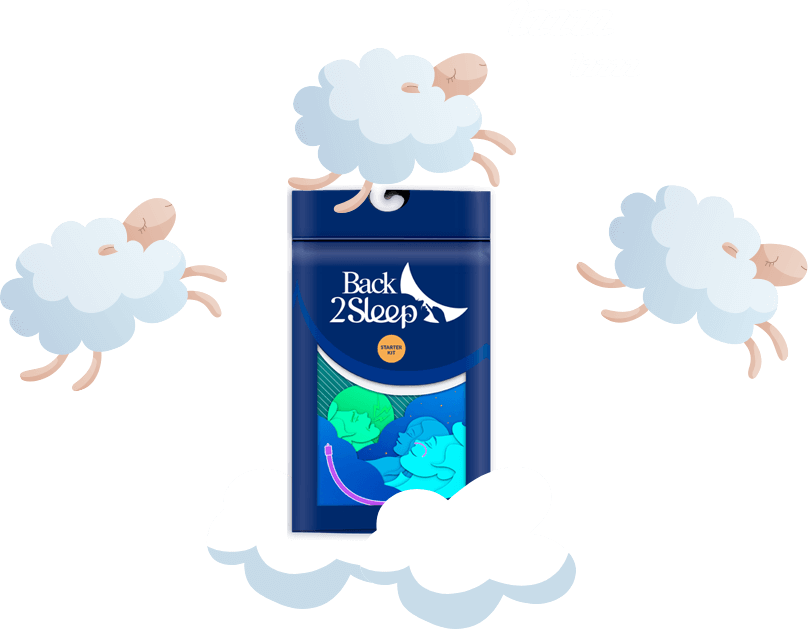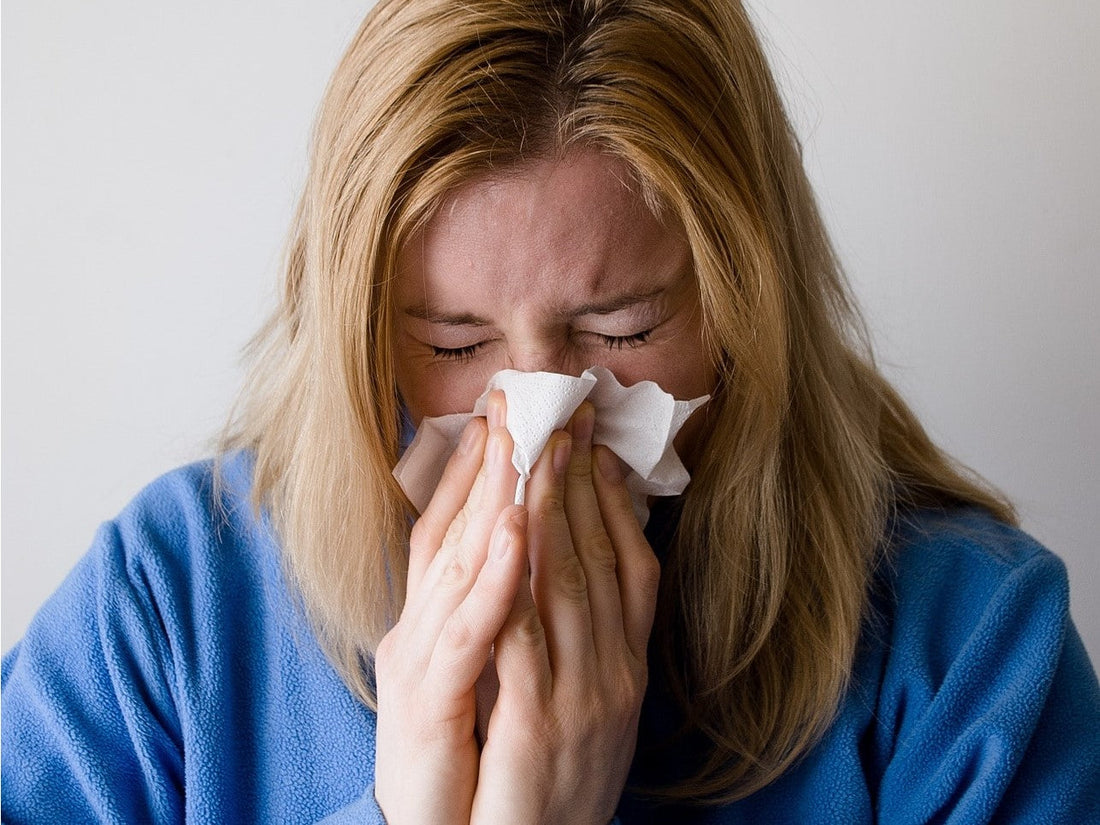The common cold, often referred to as rhinopharyngitis, is mainly caused by a viral infection affecting the nasal and pharyngeal mucosa. Common symptoms include nasal congestion, runny nose (rhinorrhea), sneezing, sore throat and sometimes fever. Rhinitis is an inflammation of the nasal mucosa , which can be caused by allergens such as pollen or dust mites, or by infection. Mucus then accumulates in the nasal cavities, obstructing breathing.
To treat these conditions, several solutions exist. For the common cold, natural remedies such as inhalation, humidifying the air, washing the nose with saline solution or taking vitamin C can be effective. In the case of allergic rhinitis antihistamines or corticosteroid-based nasal sprays can be prescribed by a doctor or pharmacist. It is essential to consult an ENT specialist if symptoms persist or worsen. Finally, prevention remains the best weapon, notably by adopting good hand hygiene to avoid the spread of germs.
Colds: causes and intensity
The common cold, often associated with the image of a runny nose orfrequent sneezing, is a very common pathology, especially among young children. There are many causes, but the main factor is the presence of one of the many viruses, such as rhinovirus or coronavirus, that cause it. Exposure to these viruses is all the more frequent in public places such as subways and schools. What's more, in winter, dry air weakens the nasal mucosa, making it more susceptible to infection. A humidifier could be a solution for keeping the air moist and preventing colds. In terms of intensity, it can vary from simple respiratory discomfort to severe nasal obstruction.

Common cold: causes and transmission
The proliferation of colds is due to viral transmission, often facilitated by direct and indirect contact in public places. You can catch the virus by touching an infected surface and then your nostrils, or by being close to someone with a sneezing cold. Cold viruses find the respiratory system a favorable breeding ground. That's why it's so important to wash your hands regularly and avoid close contact when you're sick or around people suffering from colds.
Colds: intensity and types
Distinguishing between the common cold and allergic rhinitis is crucial. Allergic rhinitis, also known ashay fever, results from the immune system's reaction to airborne allergens such as pollen. Its intensity can vary according to the quantity of allergen in the air and the individual's sensitivity.
The common cold, on the other hand, is an upper respiratory infectioncaused by a virus. Symptoms generally persist for a week, but complications can arise if the infection is not properly treated, such as sinusitis or bacterial superinfection. In both cases, consulting a doctor is recommended for an accurate diagnosis and appropriate treatment.

Colds: The symptoms
It's essential to differentiate between the symptoms of a cold and those of an allergy, although both can manifest themselves as nasal discharge. Allergic rhinitis, often caused by allergens such as pollen, dust or mold, presents symptoms such as itching, repeated sneezing and watery eyes. Eye irritation can also be a distinctive sign of allergies.
Conversely, the common cold, which is viral in origin, is often accompanied by fever, headaches and sometimes even aches and pains. Another clue to the difference between these two conditions is their duration: a cold usually lasts a week, while an allergy can persist as long as exposure to the allergen continues. In case of doubt, it's best to consult a healthcare professional to obtain a precise diagnosis and avoid worsening symptoms.
Preventing colds: Effective measures
Catching a cold is often linked to a drop in immune defenses or direct exposure to germs. To avoid catching a cold, there are several hygiene measures you can take. Regular hand-washing, avoiding direct contact with a contagious person, and humidifying the environment are all tips for preventing colds.
Saline or seawater nasal sprays can also help clear nasal passages and limit the spread of viruses. Finally, boosting the immune system with a balanced diet, good hydration and restful sleep can provide a natural barrier against colds. If, despite these precautions, the first symptoms appear, we recommend blowing your nose regularly with a handkerchief, and avoiding public places to limit the spread of the disease.

Cold treatments: What are the options?
When faced with a cold numerous remedies are available to relieve symptoms. Cold medicines, as recommended by doctors, can help reduce fever and headaches.
For nasal congestion, saline-based nasal sprays are effective. These isotonic or hypertonic solutions clean and moisten the nasal cavities.
However, it's crucial to remember that antibiotics are only effective against bacterial, not viral, infections. Inappropriate use of antibiotics can lead to undesirable side effects. In the presence of persistent or severe symptoms, it is always advisable to consult a healthcare professional to avoid any complications.

- Choosing a selection results in a full page refresh.
- Opens in a new window.







